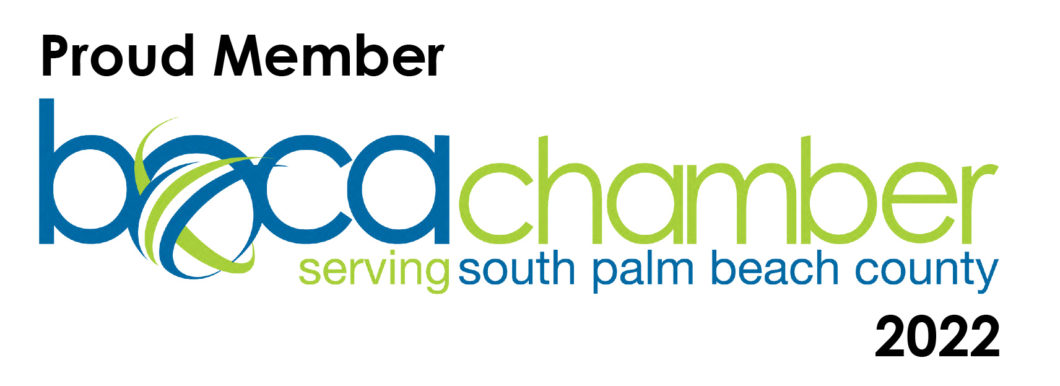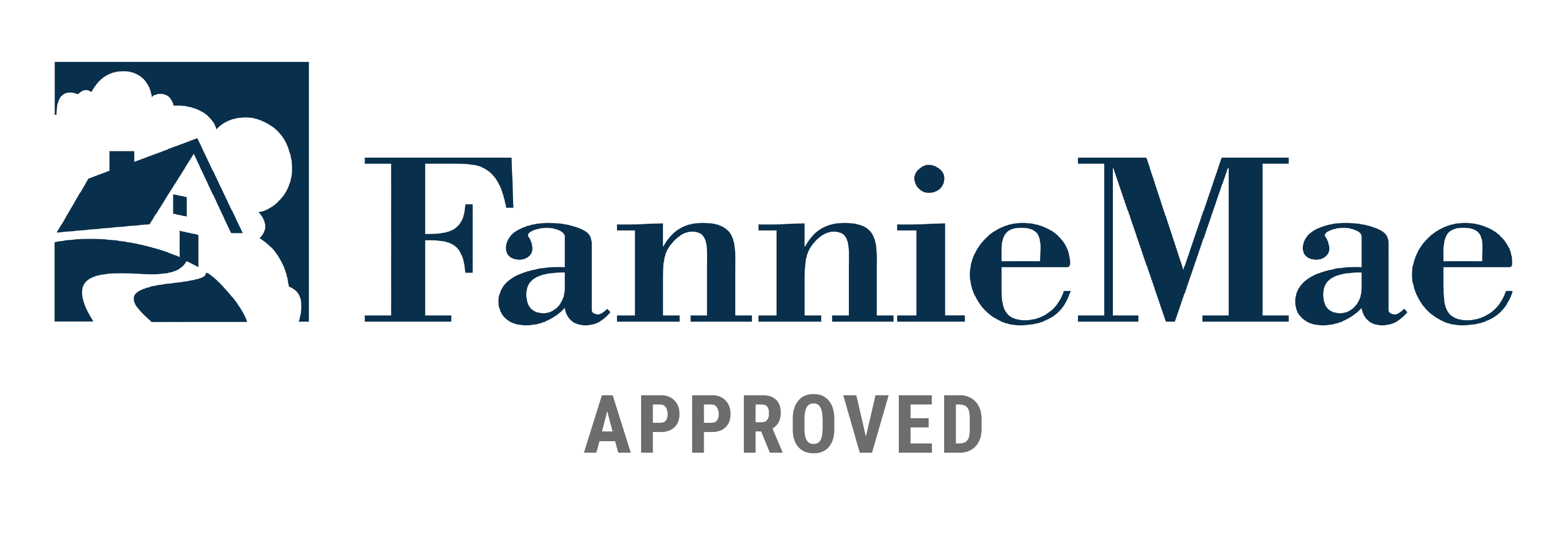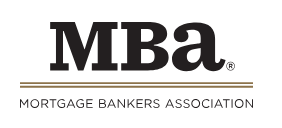Without the guidance of an experienced community association attorney who has specialized in the rules governing homeowners and homeowners’ association (HOA) law, navigating the legal requirements and risks of being part of a Florida community association can be a nightmare. The good news is that the right HOA attorney can help.
Drafting HOA Founding and Governing Documents
When an HOA is formed, a number of legal documents must be prepared to comply with state law and to put rules in place for the day-to-day operations and management of the community.
Under the control of state law, with separate regulations for homeowners, co-op or condo associations, each HOA association must have its own unique set of governing documents, known as the Declaration of Covenants, Conditions, and Restrictions (CC&Rs).
The CC&Rs make up a legally binding document that is required to be filed with the state. Its bylaws determine how the association is run with any proposed changes requiring a formal vote of the members to ratify.
The rules are usually voted on by the board of directors, following procedures set up by the association that must also comply with state law.
While it’s essential to bring an attorney on board during the initial set up of a new condo association or HOA, the association’s need for legal assistance certainly does not end there.
Choosing the Right Attorney for Your HOA
Whether it is offering everyday legal counsel or representing boards of directors in intricate litigation with vendors, homeowners, or municipalities, the right HOA attorney will understand the nuances of association representation.
Whether you are in a condo association, HOA or POA, your legal representative must understand the complexities of structure and governance that your community association faces, and the importance of a well-rounded approach to resolving disputes among neighbors.
Here is a list of the legal services your HOA attorney should be able to offer in the area of Florida community law and condominium and homeowners’ association law:
- Advising on the Day-To-Day Operations of the Community
- Assisting the Board of Directors on Financial Matters, Including Budgeting, and the Imposition of Special Assessments
- Collecting Delinquent Assessments
- Compliance with Applicable State, and Federal, Laws
- Drafting, Amending, and Enforcing Association Governing Documents
- Litigating Contested Elections
- Pet Issues, Including Service Animal Governance
- Preparing Loan Documents and Lines of Credit Agreements
- Providing Counsel in Connection with Developer Transition
- Reviewing loan documents and structuring commercial lines of credit and/or arranging sources of financing for recreation lease purchases, capital improvements, etc.
A Spectrum of Risks
According to the Community Associations Institute, over 68 million Americans live in community associations. Unfortunately, in spite of proactive management and sound governing documents, associations and property managers still regularly find themselves caught up in legal disputes.
Their 2018 Homeowner Satisfaction Survey revealed that 62% of respondents said their association’s rules protect and enhance property values. On the other hand, 28% said the rules in their community made no difference. Surprisingly, 4% said the rules actually harm property values.
When asked if they thought the members of their elected governing board strive to serve the best interests of the community as a whole, 12% answered: “not at all.”
It’s clear that there is a spectrum of contrasting homeowner sentiment when it comes to community living and HOA leadership and law. These differences of opinion can be a significant risk factor for HOAs and might explain the frequency of conflict and disputes that make hiring an experienced HOA attorney so important.
It’s imperative to make sure that your lawyer can manage to represent a variety of entities and individuals. These could range from homeowners’ associations to condominium associations, property owners’ associations, property managers, and all types of legal disputes in any forum, including mediation, arbitration and in court.
Another risk area requiring attorney expertise, sometimes unintentionally overlooked by HOAs, is handling construction defects.
All too often, a building defect is discovered long after the development of a neighborhood is complete. Depending on the timing and other technical factors, the property developer can be held liable for these defects and the necessary repairs.
When these defects affect a development’s common areas, however, the homeowners’ association needs a competent attorney to begin legal proceedings against the developer. The right attorney will understand how best to approach your HOA’s unique circumstances.
Unfortunately, it is sometimes the more seemingly mundane issues that can cause the most legal hassle and damage to HOAs.
Even in the most exceptional associations, conflict can arise, whether it’s over parking rules, resident dues or a member’s unwelcome home renovations. It’s helpful to engage the services of an attorney who has experience representing the HOA and individual homeowners, too. This experience on both sides of disputes can be a helpful quality when deciding which attorney is right for your HOA.
“When an owner takes on an HOA, the deck is really stacked against the homeowner,” says Sara Benson, the co-author of Escaping Condo Jail: The Keys to Navigating the Risks & Surviving Perils of the ‘Carefree’ Community Lifestyle.
Even though popular opinion suggests that the homeowner is more vulnerable in HOA disputes, it’s important for HOAs to cover their bases with the legal representation they can rely on.
HOA Attorneys with Soft Skills
Two areas where associations and homeowners often come into conflict involve the collection of dues and enforcement of the rules. A resident’s emotions often run high when they are met with a fine or notice of violation of the regulations from the HOA. A skilled attorney with good mediation skills can help to resolve disputes quickly and keep unruly emotions at bay.
“Homeowners that have come under fire from the HOA are often convinced it is a personal attack on them,” says Lubliner Law managing member, Richard S. Lubliner. “If the homeowner or HOA board of directors goes into a dispute with the wrong attitude, the chance of a conflict or litigation is much greater.”
Since litigation can be costly for everyone involved, having a level-headed attorney acting as a mediator between the parties involved in the dispute helps to regulate everyone’s emotions and promote a speedy resolution.
At Lubliner Law, our goal is to provide guidance and counsel to associations in the areas of collections, enforcement, litigation, as well as any other legal issues that need to be addressed for an association to operate effectively.
We also provide seminars for both owners and property managers, and our attorneys regularly give valuable lectures on critical topics that are near and dear to owners.
Call Lubliner Law (561) 207-2018 for a free consultation, or email info@lubliner-law.com — We’re Here to Help.






